2021 Resolutions For A Sustainable World
A New Year, A New Sustainable World
The dust of 2020 is settling and in an attempt to prevent those January blues as we arrive in 2021, we’re kicking things off with some climate highlights from the previous year that give reason to be optimistic about sustainability. With stories from all corners of the world and with examples from the public sector, from business and from civil society movements, here is some good green news from 2020 that sets us in good stead for the year ahead.
Race to net-zero: Japan, China, South Korea (the list goes on) all joined a growing group of nations making ambitious aspirations to help limit global warming. From the business end; IKEA, Microsoft and Facebook, alongside universities, cities, investors and SMEs joined the movement too.
Green recoveries: Under the trillions of dollars devoted to economic stimulus packages in the fallout of the global pandemic, many governments declared green measures for recovery.
Moving away from fossil fuels: The year saw further divestment from fossil fuels, marking a continued trend. Denmark announced an end to new oil exploration in the North Sea and the Bank of America joined other big US banks in announcing that it will no longer fund oil drilling in the Arctic.
Civil momentum: Climate change endured a distracting year to stay at the heart of many people’s concerns. Children in Friday’s for Future continued to strike from school despite pandemic-induced physical restrictions and Extinction Rebellion continued to wreak environmentally-charged havoc across the globe.
Battling building emissions: The President of the European Commission, Ursula Von Der Leyen, announced an EU-wide building renovation wave that will improve efficiencies and pave the way for decarbonised energy. Initiatives such as this, while significant in their own goals, are also indicative of a shift in how climate policies are viewed; it is now increasingly recognised that addressing climate change can bring big economic and social benefits too.
Reaching for the Earth: Prince William and Sir David Attenborough announced a £50 million initiative, the Earth Shot Prize, to drive innovative climate solutions.
Happy (re)new(able) year: Renewable energy capacity grew in 2020 despite COVID-19 induced set-backs in fossil fuel energy sources.
We can see clearly now: Lower levels of pollution, quieter roads and clearer skies gave people a glimpse of revitalised urban living, sparking personal habit changes and global mobility initiatives.
Reforestation: Considered a leader in environmental policy, Costa Rica became the first tropical nation to successfully reverse deforestation.
The pandemic we cannot vaccinate against: Last year proved that people are capable of collective transformative change and the global response to the COVID-19 pandemic is indicative of that. Turns out, history is littered with examples of rapid change that exuberate positivity for the challenges ahead. Unlike COVID-19 however, it became widely emphasised that climate change is the pandemic that cannot be healed with a vaccine and the rhetoric continued to debate what climate action will be needed to achieve global environmental sustainability.
Every action counts: changing things up with personal goals
Named after Janus, the two-faced god (who can look both backwards and forwards) and the spirit of doorways, January is traditionally a time of personal reflection; igniting new year’s resolutions that will define personal resolve in the approaching year. On top of this, month long challenges remain somewhat on-trend in parts of the world. For instance, Veganuary in which people eat a plant-based diet for the month has joined Dry January (giving up alcohol), as a popular way to avoid stumbling into the new year.
When setting personal ambitions, it is commonly advised to turn big goals (such as ‘I want to be more sustainable’) into small and achievable ones (‘I want to cycle more’) with a measurable and near-term vision. Do something and see if it sticks; and finally try and identify with a behaviour and validate the reasons that drive it. It may feel relatively hard to rewire oneself but when we start to truly understand the motive behind behaviour, it’s possible to establish habits that match the person we are or strive to be.
With larger climate challenges, there is plenty – good and bad – that will transcend the boundaries of the year. But our personal impact? It is an issue of our behaviour and the context within which we can maintain complete autonomy of our actions. As we commence the new year we can choose to leave unsustainable behaviours at the metaphorical door; for the rest, we must look to how our actions can change the larger collective picture as every action we undertake as an individual makes a contribution to that too.

